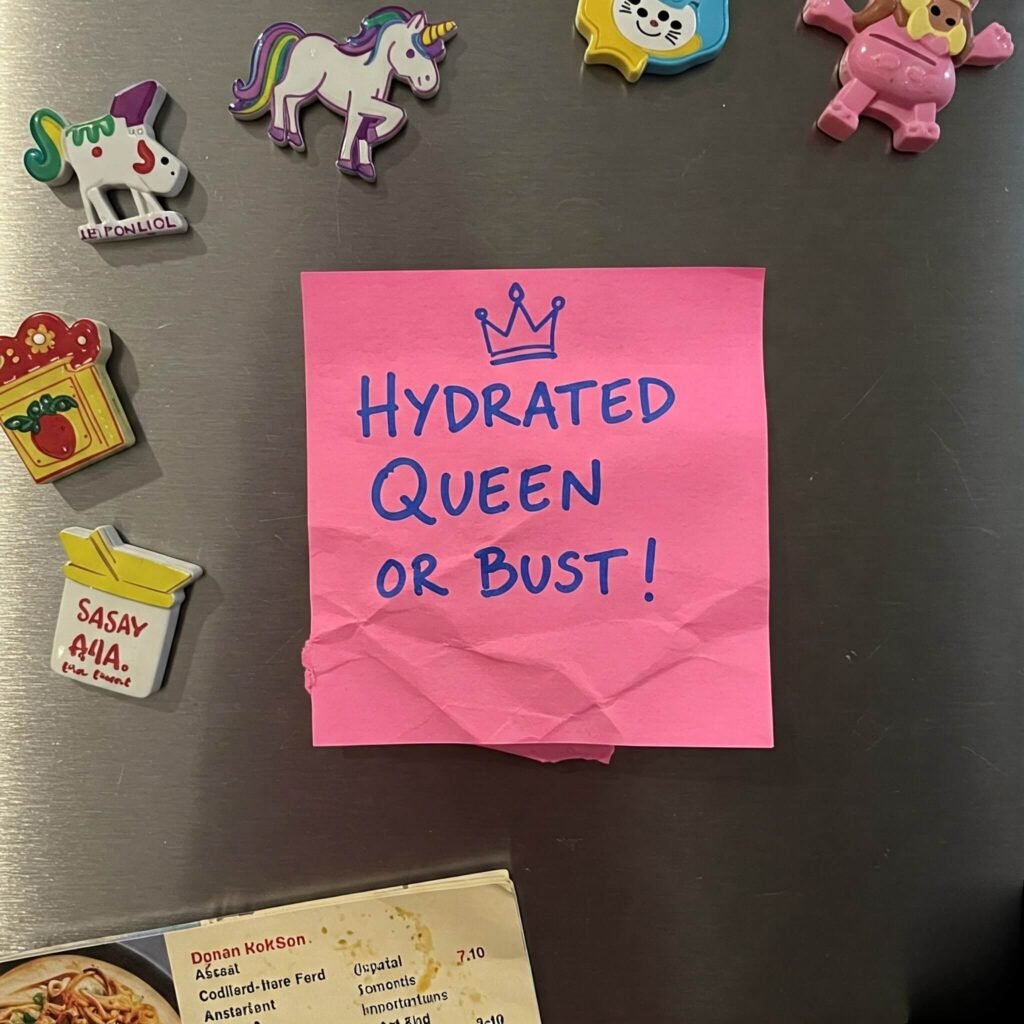Why I’m Obsessed with the Science of Habits
The science of habits is, like, my current brain candy. Sitting here in my cramped Seattle apartment, surrounded by empty LaCroix cans and a dog that’s staring at me like I owe her money, I’m thinking about why I keep doing the same dumb stuff every day. Like, why do I check my phone 47 times before breakfast? Or why do I swear I’ll meal-prep on Sundays, then end up eating cereal for dinner by Wednesday? It’s not just me being a disaster—it’s science, y’all. Habits are these sneaky brain shortcuts that keep us on autopilot, and I’m low-key obsessed with figuring out how they work.
I read this book—Atomic Habits by James Clear—and it blew my mind. Clear says habits are built on a loop: cue, craving, response, reward. Like, my phone dings (cue), I crave that sweet, sweet dopamine hit (craving), I grab it and scroll X (response), and I feel briefly alive (reward). Rinse, repeat, and now I’m Pavlov’s dog with a smartphone.

How Habits Work (And Why I Keep Screwing Them Up)
Okay, so the science of habits says our brains are lazy. Not in a bad way, just… efficient. According to Charles Duhigg’s The Power of Habit, our brains form habits to save energy, so we don’t have to rethink every little choice. Cool, right? Except my brain’s like, “Let’s make a habit of forgetting to drink water but never forgetting to binge Netflix.”
My Embarrassing Habit Fails
Here’s a real story: Last month, I tried to build a habit of jogging every morning. I live near this gorgeous park in Seattle, all misty and green, with joggers who look like they’re auditioning for a Nike ad. Day one, I’m out there, feeling like a fitness influencer, blasting Lizzo in my earbuds. By day four, I’m hitting snooze, convincing myself that “mental rest” is just as good. Now my running shoes are basically decorative. The science of habits says I needed a stronger cue (maybe an alarm across the room?) and a better reward (chocolate after running?). Instead, I rewarded myself with… guilt and extra sleep.
- Tip 1: Make your cue stupidly obvious. Like, put your running shoes on your bed.
- Tip 2: Rewards gotta feel good. I’m trying dark chocolate now instead of self-loathing.
- Tip 3: Don’t aim for perfection. My jogs are more like waddles now, and that’s fine.
Why We Do Habits (Even the Bad Ones)
The science of habits explains why I’m still checking X compulsively, even though I know it’s a time suck. Bad habits stick because they still give us something. Like, scrolling X makes me feel connected, even if it’s just to strangers arguing about pizza toppings. I’m sitting here on my couch, with my dog farting next to me (sorry, TMI), and I’m thinking about how habits are tied to identity. Clear says you gotta decide who you wanna be—like, “I’m a runner” instead of “I should run.” I tried that, whispering “I’m a hydrated queen” while chugging water. It felt ridiculous, but I drank more that day.

The Dopamine Trap
Here’s where I get nerdy: Habits are dopamine-driven. This article from Harvard says dopamine spikes when we anticipate a reward, not just when we get it. That’s why I’m itching to check my phone even when I know it’s just spam emails. My brain’s like, “But what if it’s something juicy?!” Spoiler: It never is.
Building Habits That Actually Stick (I’m Still Learning)
I’m no expert, okay? My apartment smells like burnt toast right now because I got distracted writing this and forgot my breakfast. But the science of habits has taught me a few tricks. Like, start tiny. I wanted to read more, so I started with one page a night. Now I’m halfway through a novel, which is a flex for someone who used to only read X threads.
My Current Habit Experiment
Right now, I’m trying to build a habit of journaling. I bought this fancy notebook, thinking it’d make me deep and introspective. Half the pages are grocery lists or rants about my neighbor’s loud music. But the science of habits says consistency beats perfection, so I write something every night, even if it’s “Today sucked.” I keep the notebook on my nightstand (cue) and treat myself to a piece of candy after (reward). It’s working… mostly.
- Pro Tip: Stack habits. I journal right after brushing my teeth, so it’s part of my nighttime vibe.
- Pro Tip: Track it. I use a cheap app to mark when I journal, and seeing the streak feels weirdly satisfying.

Wrapping Up This Habit Ramble
So, yeah, the science of habits is why I’m a mess but also why I’m hopeful. I’m learning how habits work, screwing up, and trying again. It’s like, I’m not a runner yet, but I’m someone who tries to run, and that’s gotta count for something. If you’re struggling with your own routines, cut yourself some slack. Start small, bribe yourself with something fun, and don’t be afraid to laugh at your flops.



























